Summaries of books about Political Theory:
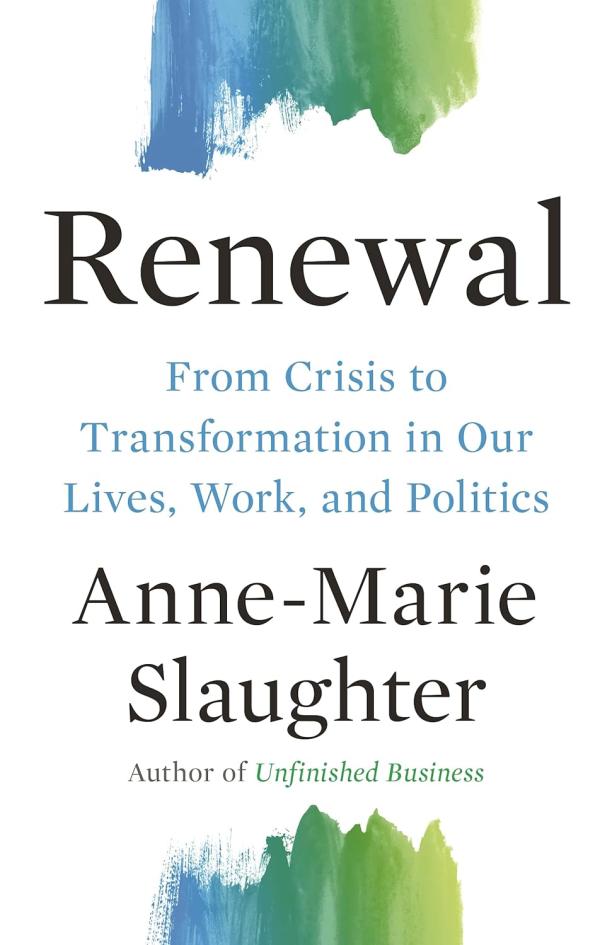
Renewal
From Crisis to Transformation in Our Lives, Work, and Politics
Anne-Marie Slaughter
The book explores the concept of renewal in personal, professional, and political spheres, advocating for a shift from crisis management to transformative change. It provides insights and strategies for individuals and leaders to embrace adaptability, resilience, and a forward-thinking mindset to navigate and shape the future.
See full summary
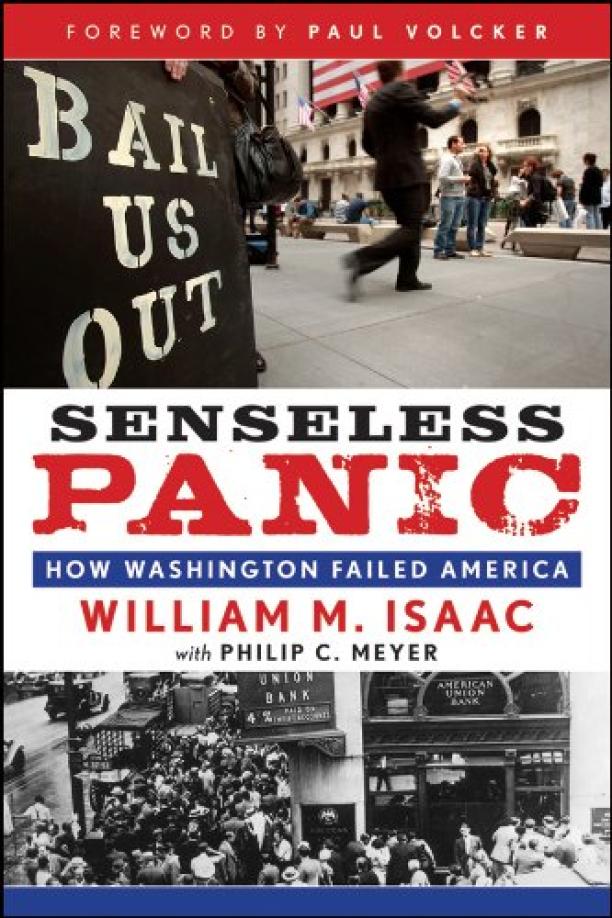
Senseless Panic
How Washington Failed America
William M. Isaac
The book critically examines the U.S. government's response to the 2008 financial crisis, arguing that the panic and subsequent bailouts were avoidable and poorly managed. It provides an insider's perspective on the mistakes made by policymakers and suggests alternative strategies that could have mitigated the economic damage.
See full summary
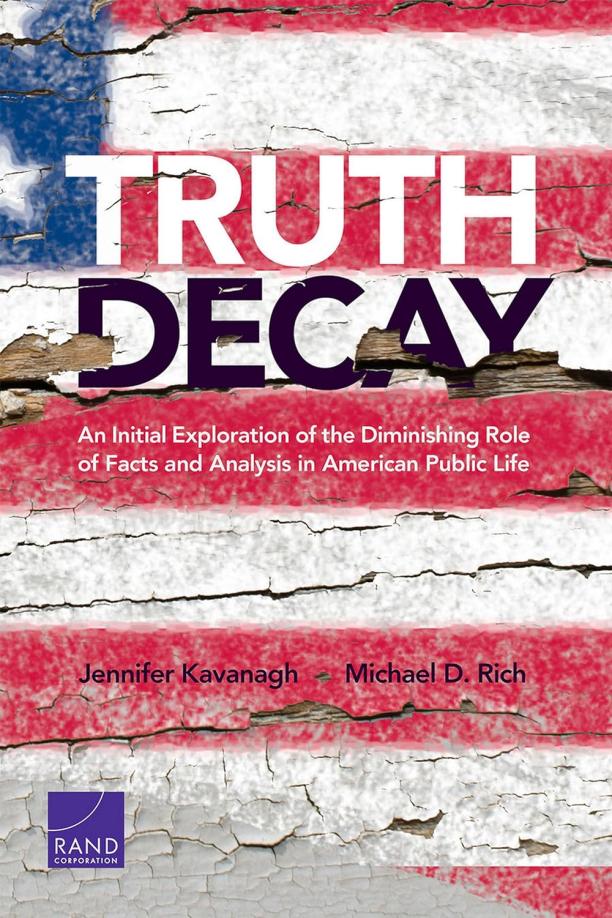
Truth Decay
An Initial Exploration of the Diminishing Role of Facts and Analysis in American Public Life
Kavanagh|Michael D. Rich
The book examines the increasing tendency of individuals and policymakers to rely less on objective facts and analysis, and more on opinion and personal belief in shaping public opinion and policy. It explores the causes and consequences of this phenomenon, including the role of social media, the decline of traditional media, and the implications for democracy and civil discourse.
See full summary
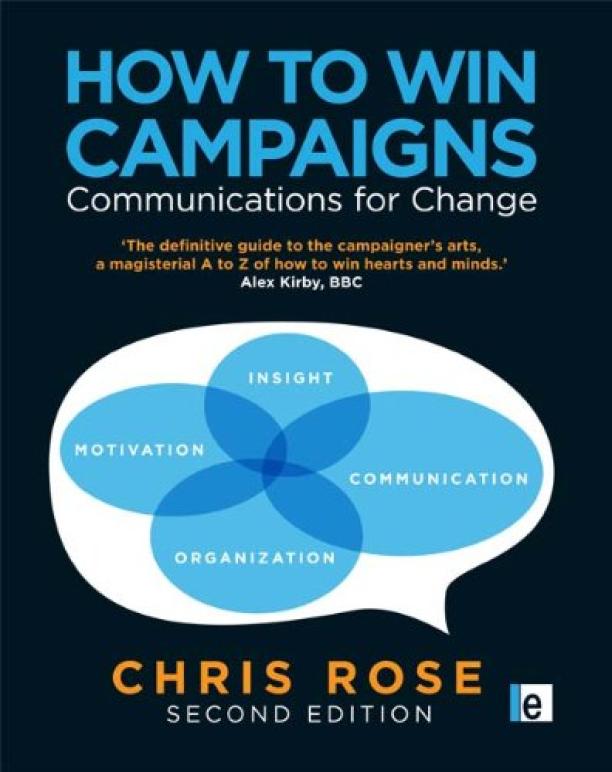
How to Win Campaigns
Communications for Change
Chris Rose
The book provides a practical framework for planning and executing effective communication strategies in advocacy and social change campaigns. It covers tactics for message crafting, audience targeting, media engagement, and the use of research and feedback to adapt and improve campaign efforts.
See full summary
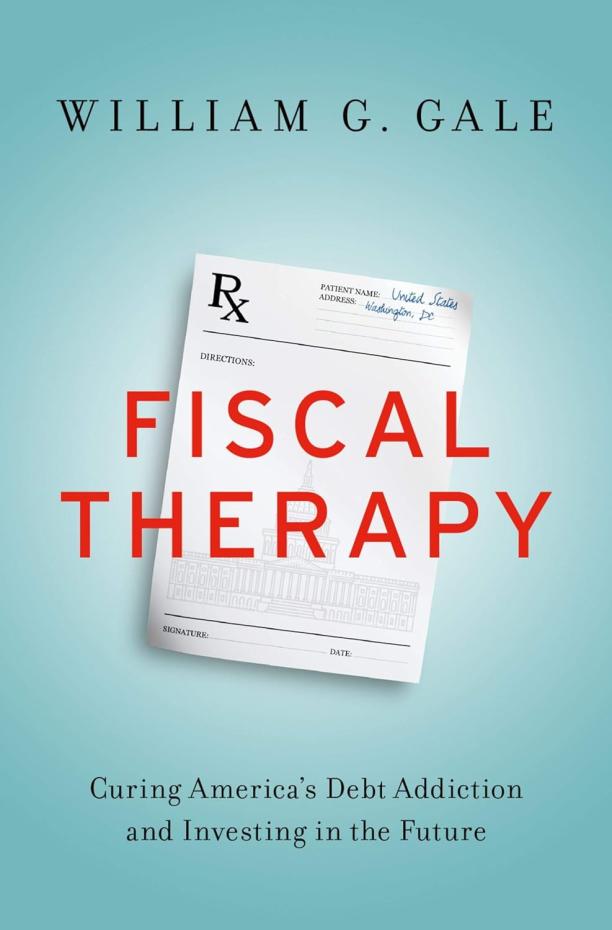
Fiscal Therapy
Curing America's Debt Addiction and Investing in the Future
William G. Gale
The book examines the United States' growing national debt and fiscal irresponsibility, proposing a range of policy solutions to stabilize and eventually reduce the debt-to-GDP ratio. It emphasizes the need for a balanced approach that includes tax reforms, spending adjustments, and strategic investments to ensure economic prosperity and intergenerational equity.
See full summary
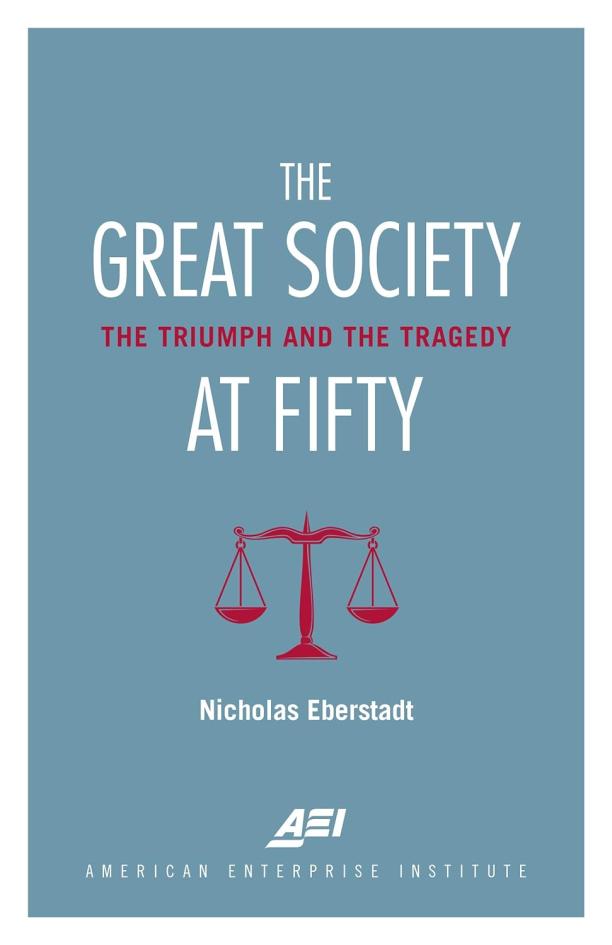
The Great Society at Fifty
The Triumph and the Tragedy
Nicholas Eberstadt
The book critically examines the outcomes and impacts of Lyndon B. Johnson's Great Society programs after five decades, assessing the successes in reducing poverty and inequality as well as the unintended consequences and failures. It provides an analysis of the social and economic policies, their long-term effects on American society, and the challenges that remain in addressing poverty and social justice.
See full summary
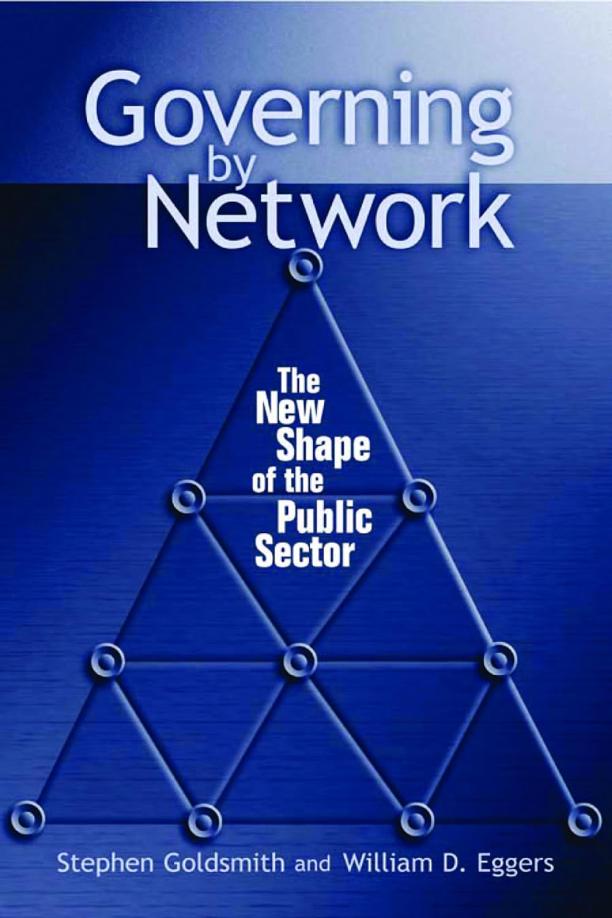
Governing by Network
The New Shape of the Public Sector
William D. Eggers, Stephen Goldsmith
The book examines the shift in public sector management towards a model that emphasizes collaboration with private and nonprofit sectors through networks, rather than traditional bureaucratic hierarchies. It explores the implications of this change for government effectiveness, accountability, and the role of public employees in delivering services.
See full summary
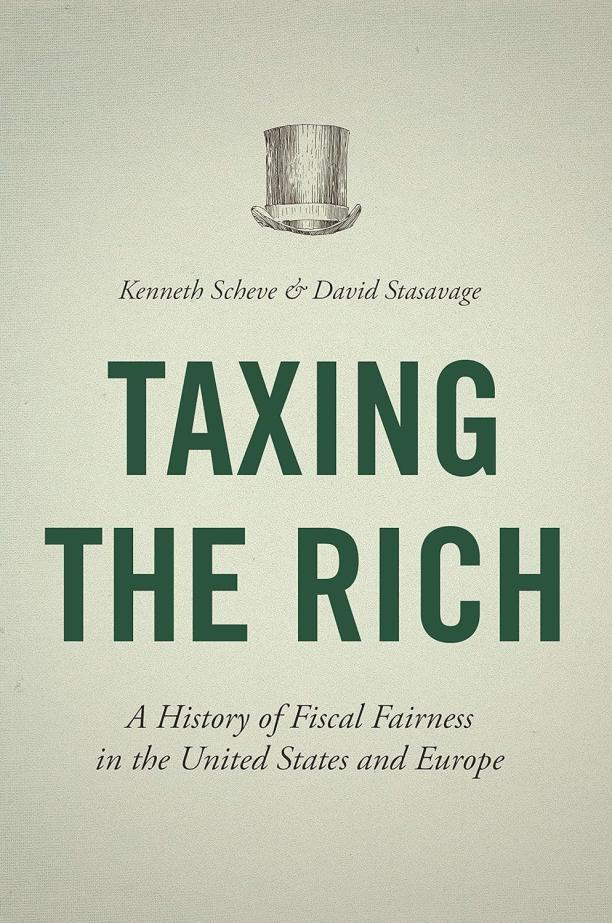
Taxing the Rich
A History of Fiscal Fairness in the United States and Europe
Kenneth Scheve|David Stasavage
The book examines the history and rationale behind taxing the wealthy in the United States and Europe, exploring how wars and economic crises have influenced tax policies and public opinion on fiscal fairness. It delves into the evolution of progressive taxation, analyzing the conditions under which societies have adopted higher taxes on the rich to address inequality and finance public goods.
See full summary
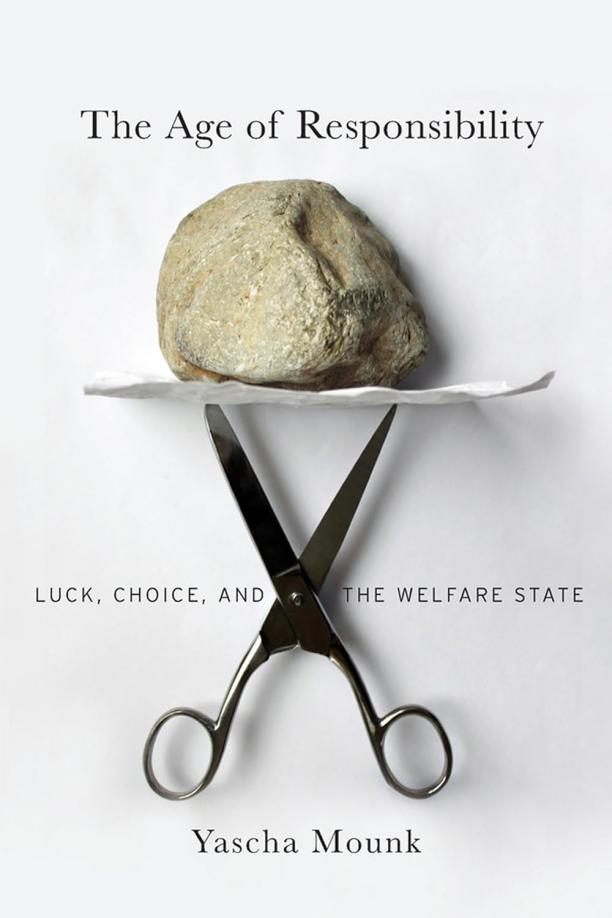
The Age of Responsibility
Luck, Choice, and the Welfare State
Yascha Mounk
The book explores the tension between the concepts of personal responsibility and collective welfare in modern societies, arguing that an overemphasis on individual choice can undermine social cohesion and the welfare state. It examines the need for a balance between luck and choice in public policy to ensure both fairness and support for those in need.
See full summary
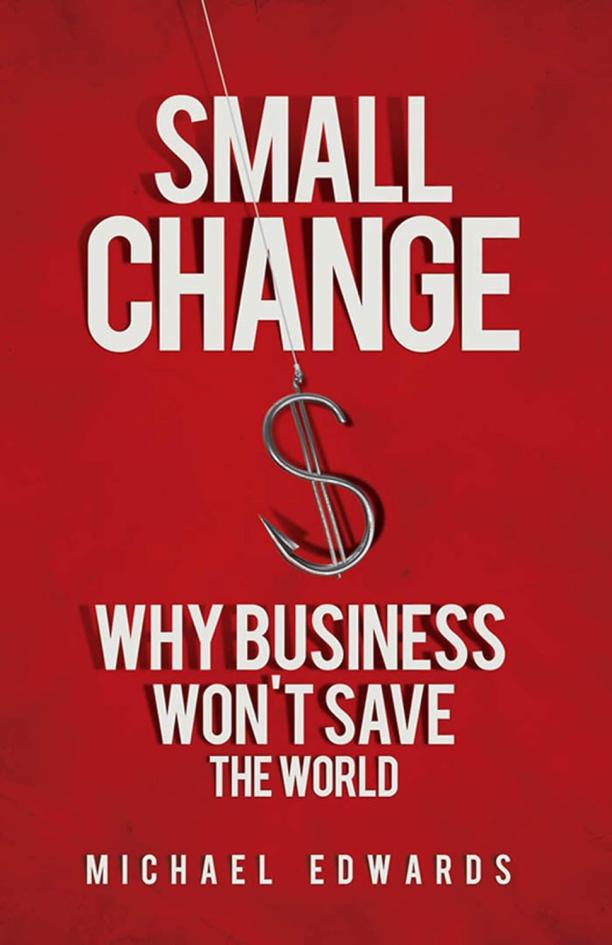
Small Change
Why Business Won't Save the World
Michael Edwards
The book critically examines the belief that market-based solutions and corporate philanthropy can effectively address social problems, arguing that such approaches often fall short and can even exacerbate issues. It advocates for a return to civic engagement and traditional philanthropy that prioritize social justice and systemic change over profit-driven models.
See full summary